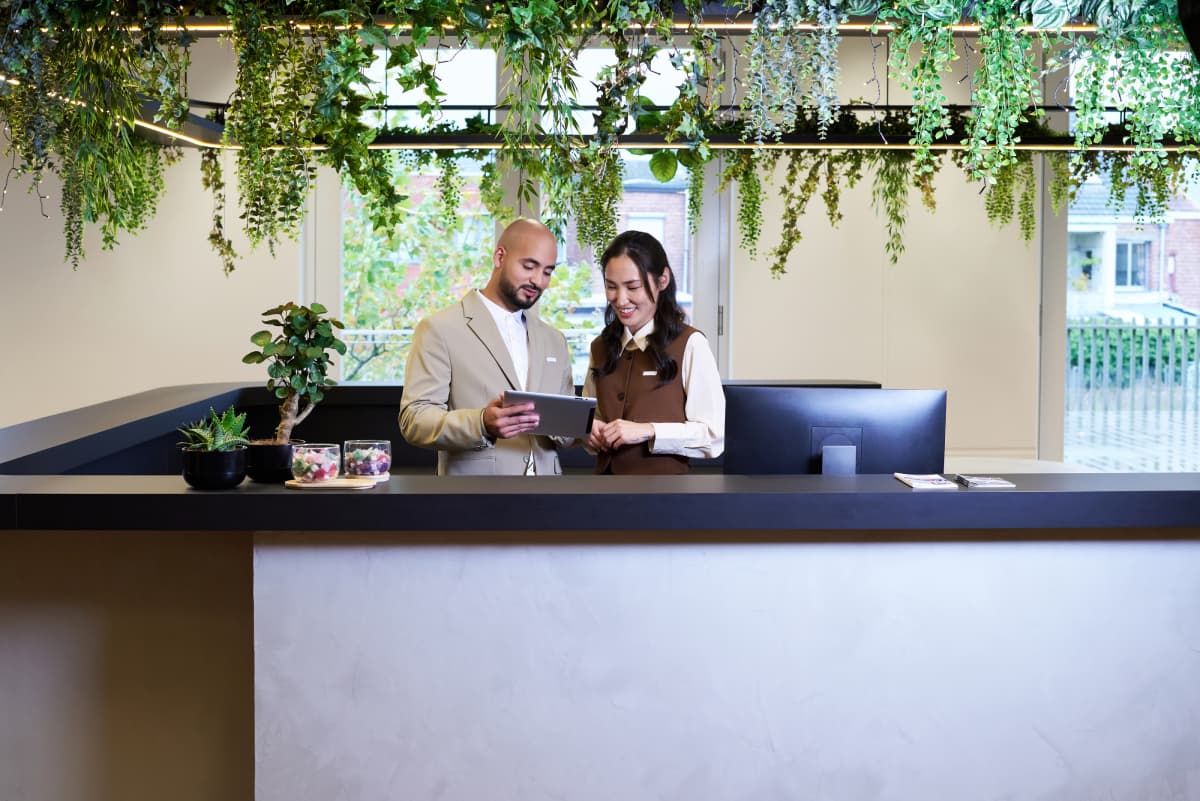
National Work Life Week 2015: Fitting Work and Life Together
This week we celebrate National Work-Life Week 2015, this annual event, run by Working Families, aims to highlight benefits of work-life balance for employees so they are engaged, motivated and productive at work.
As an employee with competing work and life demands, you can learn how to move beyond feeling stressed or overwhelmed by your responsibilities and achieve personal and professional success on your own terms. Read the following ten tips together with a downloadable infographic, for simplifying, prioritising, planning ahead and making small changes each day that will improve your work-life fit.
1. Recognise that work-life fit is unique for each of us.
There is no magic formula or perfect split between your work and personal life. There’s also no right way to achieve it. What works best is to find your unique, ever changing fit or the way your work and personal responsibilities fit together. Learn to align and adjust your work and personal realities as you go through life and handle major life transitions.
2. Harness the power of small actions or “tweaks”.
Plan a long weekend away with friends. Clean out your hall cupboard. Take an online class to learn a new skill. Then do it again and again. Small actions can have a big impact on your sense of well-being and control.
3. Create a combined calendar and priority list.
Work, family, exercise, healthy eating, holidays, sleep, career development, time with friends, elder care and general household maintenance; you can’t do it all. But you can be more intentional and deliberate about how you spend your time. Start by adding all of your work and personal to-do’s and priorities into one combined calendar and priority list. Then determine how you want to prioritise the tweaks – the small, meaningful actions that make a difference. Building work and life tasks, priorities and actions into your schedule makes it far more likely they’ll happen.
4. Take care of yourself in small ways.
Close your eyes for 15 seconds and take a few deep breaths. Add one extra fruit or vegetable to two of your meals each day. Turn off the television and your mobile devices an hour before you go to bed.
5. Preview a skill online before paying for a course.
Before you invest time and money in a new course, preview a skill online. Watch or listen to videos or podcasts on an infinite number of topics by downloading or streaming them. Watch while commuting; listen while walking.
6. Collect ideas for holidays – then take one.
Many people don’t take holidays because they don’t know where to go. Holidays take planning and research to find something you can afford and many of us leave it too late. To get inspired, keep a box with ideas, articles, images of places you’d like to visit and once a year go to the box and pick a destination.
7. Get things done while enjoying family and friends.
Cook dinner with your kids. You’re preparing a meal and spending time together. Take a walk with your close friend before work or an exercise class with your partner at the weekend. You’ll be exercising while spending quality time together.
8. Have 10 technology free minutes a day with your children.
Give the kids time when you aren’t distracted by electronic gadgets. Sit on the floor and do a puzzle. Ask teenagers how their day went, and just listen. Check your email only at certain times of the day, so you aren’t always on it when children need you.
9. Plan for future care responsibilities.
Don’t wait for a crisis. Get a head start by clarifying needs, wants, wishes and financial resources of older relatives and come up with a plan. Include other family members to form a broad network of care so you don’t have to do it all on your own.
10. Keep on top of everyday responsibilities.
Clean as you go. Put a load in the washing machine before you go to work. Tumble dry it when you get home. Keep cleaning supplies in the bathroom and wipe down the shower, sink and toilet every morning. Set a 10 minute timer at the weekend and give each family member a task – vacuuming, dusting and tidying. Add maintenance tasks to your calendar so you don’t forget – car service, boiler service, window cleaner etc.
These tips were adapted from the LifeWorks audio recording Fitting Work + Life Together, featuring Cali Williams Yost, an internationally recognised flexible workplace strategist and author of Tweak It: Make What Matters Most to You Happen Every Day. The audio recording is available via LifeWorks Employee Assistance Programme together with many other resources to help employees and managers with work and personal life issues and concerns.


